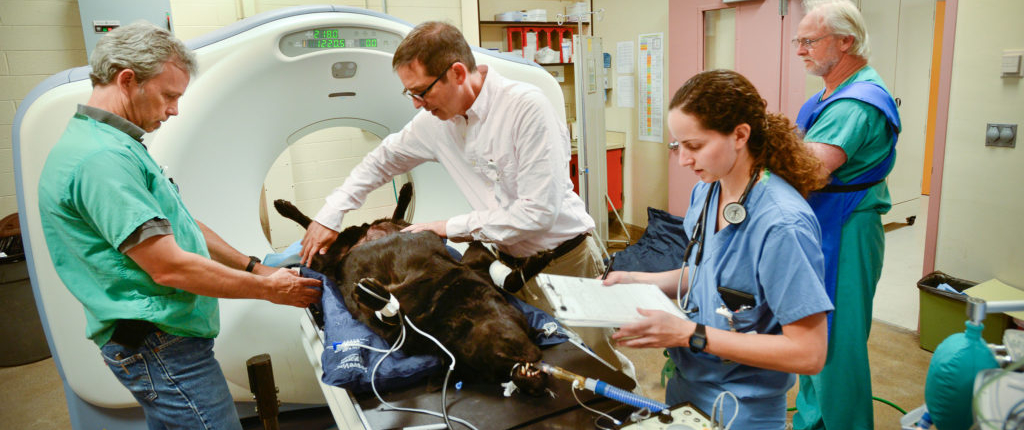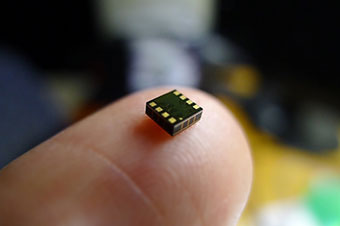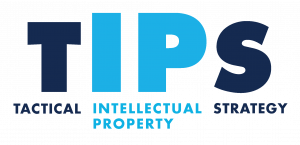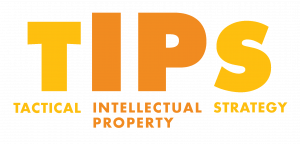UC Davis encourages interactions and research support from commercial entities which support the missions of research, teaching, and public service. Company funding for specific projects can provide substantial benefits to both the researcher and the company. It enables the researcher to receive additional funding for support of laboratory personnel and other costs, collaborate with company scientists in the development of a scope of work for the research, and develop long term relationships with companies whose commercial interests are complementary to the researcher’s interests. Such relationships also have the added benefit of providing the possibility of future employment for UC Davis graduate students or post docs who may be interested in becoming company employees after they have completed their formal education at the university.
Companies often fund research projects in the hope that new technology emerges. The research agreement affords the sponsor rights to prospective intellectual property made by university personnel during the sponsored research, i.e., preferential rights to negotiate a commercial license agreement. In a license agreement the company has a right to certain aspects of an invention including making, using, or selling. A license agreement is a legal contract with the university and is separate from the research agreement. A license agreement contains its own terms, which include a financial structure, and provides that the licensee meet certain diligence requirements toward the timely commercial development and marketing of resulting products for the public benefit. The university retains ownership of the sponsored technology in order to meet its fiduciary responsibility to the state and to ensure university researchers freedom to continue their research in their chosen fields. Within the Office of Research, Sponsored Programs negotiates research agreements and UC Davis InnovationAccess negotiates license agreements.
Learn more >








